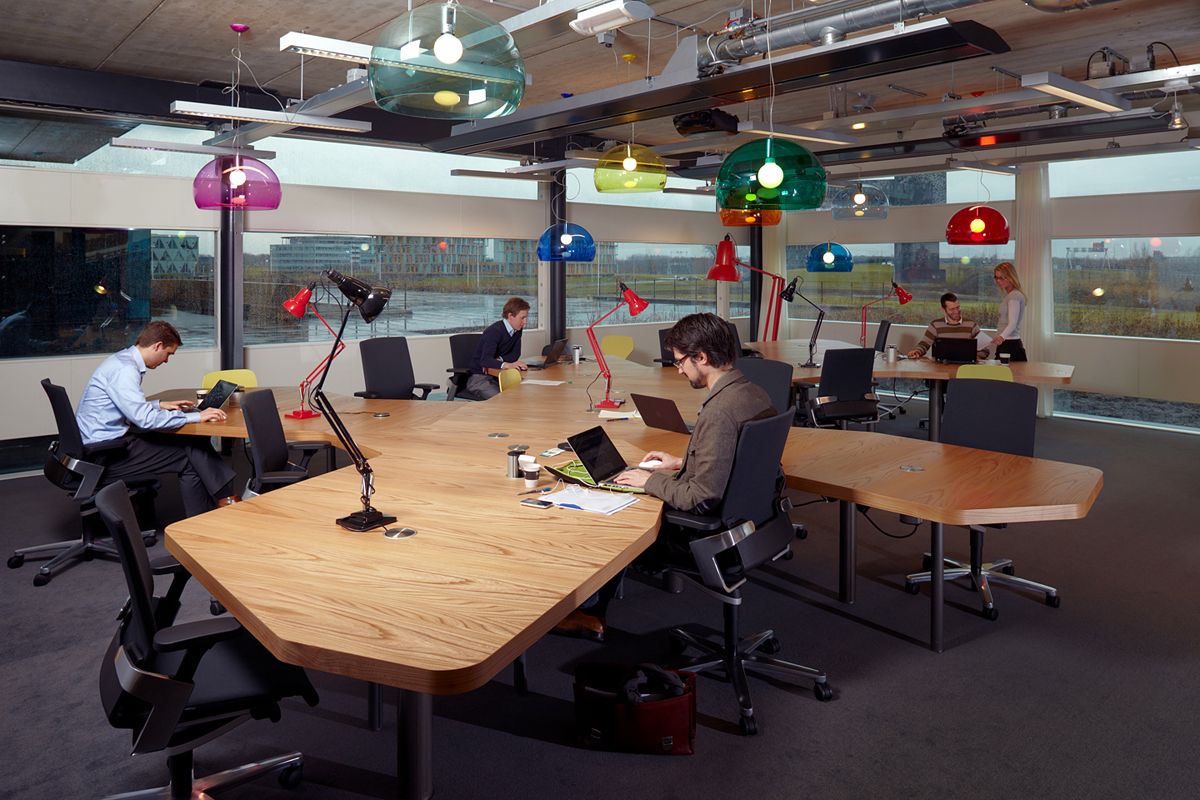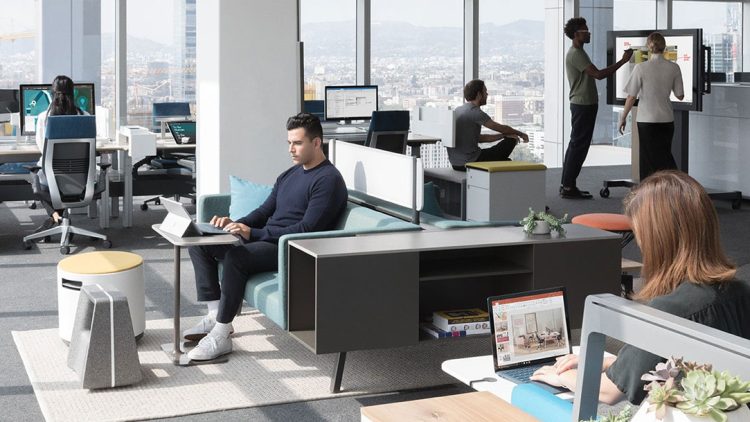Business owners must stay up-to-date with the latest trends in the constantly evolving world of work to maintain their competitive edge. Workplace trends are changes expected to gain momentum in the years to come. They include a variety of areas, such as hybrid work arrangements, employee wellness initiatives, and ongoing professional development opportunities.
Identifying these trends primarily aims to alert employers to the shifts within their industries and help them create more forward-thinking and progressive workplaces. By embracing these changes, businesses can improve their company culture, increase employee retention rates, and overcome the challenges of workplace complacency.
This blog post will delve into key trends currently shaping the modern workplace, including established trends and emerging developments. Whether you’re looking to stay ahead of the curve or stay up-to-date with the latest industry shifts, this post will undoubtedly provide valuable insights and actionable ideas for building a more dynamic and effective workplace.
Remote Work

The remote work trend has been steadily growing over the years, but it was the COVID-19 pandemic that indeed accelerated this change. As a result, many businesses have recognized the benefits of remote work for their employees and the company. With remote work, employees can enjoy greater flexibility and a better work-life balance, while companies can save on costs and attract top talent from anywhere in the world.
A recent study has shown that remote workers tend to be more productive and satisfied with their jobs, as they can work in an environment that suits their needs. Additionally, companies can now tap into a wider pool of candidates and hire the best people for the job, regardless of their location.
Given these benefits, it’s highly likely that remote work will continue to be a viable option for many companies even after the pandemic subsides. As such, businesses that embrace this trend and offer remote work opportunities may be better positioned to attract and retain top talent, ultimately achieving tremendous success in today’s competitive job market.
Broad Workplace

A diverse and broad workplace can have a range of benefits for businesses. For example, employees from different backgrounds can bring unique perspectives and experiences to the table, leading to better problem-solving, increased innovation, and improved overall performance. Additionally, a diverse workforce can help companies better understand and serve a broader range of customers, which can be a key advantage in today’s global marketplace.
By fostering a culture of inclusivity and variety, companies can create a more welcoming and supportive environment for all employees, which can ultimately lead to greater success and higher employee retention rates. Moreover, businesses prioritizing diversity and inclusivity can set themselves apart from competitors, attract top talent, and enhance their overall reputation in the marketplace.
Companies prioritize diversity and inclusivity to create a welcoming and respectful environment for all employees. This fosters better performance, innovation, and problem-solving abilities. Besides, a diverse workforce can attract more customers, benefiting businesses.
Collaboration Tools

The rise of remote work has highlighted the importance of collaboration tools in today’s workplace. Platforms such as Zoom, Microsoft Teams, and Slack these tools enable remote workers to communicate and collaborate in real-time, increasing productivity and reducing feelings of isolation.
Collaboration tools also make it easy to share files and documents, allowing for a more streamlined workflow. This feature is essential for remote teams who may not have access to physical file-sharing options. Furthermore, collaboration tools can help to improve the overall quality of work by facilitating feedback and enabling teams to work together more seamlessly.
As remote work becomes more prevalent, collaboration tools will likely become even more widespread. By leveraging these tools effectively, businesses can ensure that their remote teams remain connected, productive, and engaged, ultimately leading to greater success in today’s competitive job market.
Employee Wellness

In recent years, organizations have prioritized employee well-being and invested in various programs and initiatives to promote physical and mental health. These efforts include stress-free work schedules, yoga classes and meditation, on-site fitness equipment, and ergonomic home office equipment.
A healthy workforce is less likely to miss work due to illness, which can lead to cost savings for businesses in the long run. Moreover, promoting employee well-being can help to create a positive workplace culture and improve employee satisfaction and retention rates.
In addition to traditional wellness programs, businesses are increasingly investing in ergonomic home office equipment to support remote workers. This includes ergonomic chairs, standing desks, and monitor stands, which can help to prevent injuries and improve posture while working from home.
Working Hours Flexibility

The shift to remote work brought about by the pandemic has allowed employees the freedom to choose their working schedule, resulting in the rise of variable working hours. Employees can better balance their work and personal responsibilities with the ability to work during their peak focus hours. This trend towards flexibility has become increasingly important, especially for individuals with children or other caregiving responsibilities.
Employers can benefit from this trend by allowing their employees to structure their workday in a way that suits them best while ensuring that certain blocks of time are mandatory for on-site or online. This can lead to increased productivity and employee satisfaction while also reducing costs for the company. As the traditional 9 to 5 workday becomes less relevant, embracing flexible work hours can be a win-win for both employees and organizations.
Sustainability

In today’s business landscape, sustainability has become a critical focus for many companies, with a growing recognition of their impact on the environment and the communities in which they operate. Many organizations are implementing sustainable practices to address this issue, such as recycling, reducing energy consumption, and sourcing materials from responsible suppliers.
By adopting sustainable practices, businesses can reduce their environmental footprint, leading to improved reputations and customer loyalty, particularly among environmentally conscious ones. Moreover, sustainable practices can save costs in the long run by reducing energy and waste management expenses.
Aside from sustainability, there are other trends shaping the modern workplace. As technology continues to evolve and societal priorities change, we will likely see more shifts in the future. Businesses should embrace new technologies and innovative working methods to stay competitive and successful. This will help to attract and retain top talent, enhance productivity, and promote business growth.




